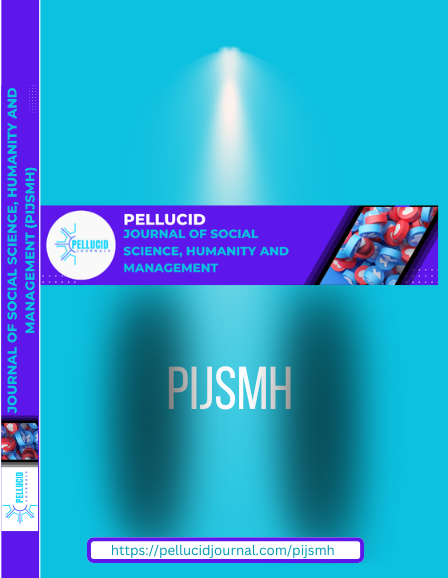Dominant Research Method Adopted by 2023 M.Sc. Graduates of Public Administration in Selected Nigerian Universities and Implication for Practice
Keywords:
Public Administration, qualitative, exploratory, case study, implicationAbstract
Social and behavioural scientists are increasingly concerned with identifying the most suitable research methods for investigating contemporaneous issues in public administration, with general agreement that methodological choices must be guided by research processes, objectives, and appropriate data collection techniques. This qualitative exploratory case study underscores the dominant research method adopted by 2023 M.Sc. graduates of public administration in purposely selected Nigerian universities, while examining the implications of such choices for the discipline. The research questions focused on identifying the most dominantly applied methodology and the consequences of employing unsuitable methods. Data were obtained from 36 graduates across three universities in Nigeria’s major regions through unstructured interviews, documented sources, and observational field notes. Using inductive coding and thematic analysis, findings revealed that the quantitative research method was most commonly adopted. However, the study also highlighted that challenges associated with qualitative approaches could be minimized through strict adherence to established scientific standards and ethical principles of impartiality and dependability. The implications for positive social change emphasize how academic policymakers and practitioners can leverage these findings to strengthen public administration as a discipline with a more appropriate, widely accepted, and firmly established scientific research tradition.





